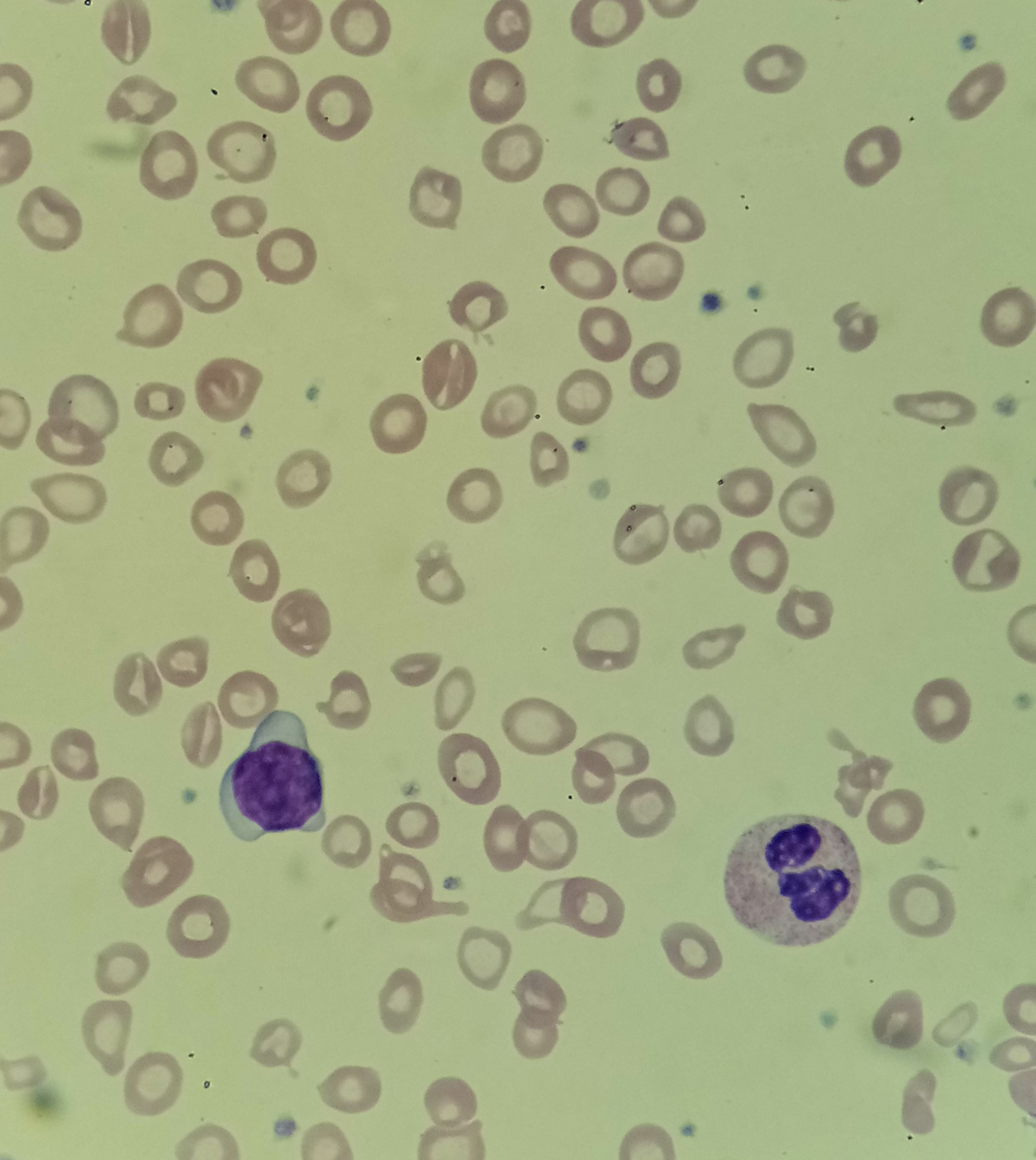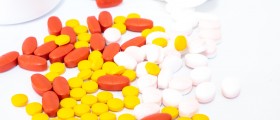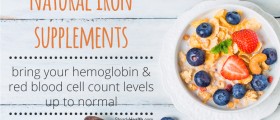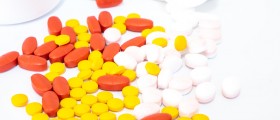
Iron is one of the essential minerals necessary for a great number of bodily functions. One of the primary roles iron plays in the system is to carry the oxygen in the blood stream. Iron is a trace mineral, which means that human body needs just small amounts of it daily to stay healthy.
Recommended daily intake of iron
The problem with iron as a trace element is that human body can absorb just a small portion of iron contained in the diet. To get the sufficient daily values through the diet, people would need to consume much larger quantities of iron-containing food. Another obstacle is the fact that iron gets lost from the body quite easily through the various organic processes such as sweating, loss of blood or simple decomposition of intestinal cells. It is said that around one third of human population suffers from the iron deficiency. Menstruating women are at higher risk of iron deficiency and they should take slightly higher doses of iron than the rest of the population.
Recommended daily intake of iron is about 18 mg for menstruating females, 27 mg for pregnant women and approximately 8- 11 mg for the rest of the population.
Iron deficiency
Iron deficiency is one of the most frequently diagnosed nutritional deficiencies. The direct outcome of iron deficiency is anemia. Anemia is a decrease in the number of red blood cells. Red blood cells contain hemoglobin, the iron-containing oxygen-transport metalloprotein. The major role of red blood cells is to bind the oxygen to hemoglobin and carry it through the bloodstream to other organs and tissues. Bodily cells are feeding on oxygen and any lack in supply may have hazardous effects and consequences.
Symptoms of iron deficiency usually occur much before the anemia. They typically involve signs of fatigue, pallor, excessive hair loss, extreme irritability, weakness, an appetite for substances largely non-nutritive, brittle nails, weak immune system, Plummer-Vinson syndrome, and pagophagia.
Causes of iron deficiency usually involve some kind of excessive bleeding. For women it is most common to occur because of the excessive menstrual bleeding. Bleeding from gastro-intestinal or respiratory tract caused by ulcers or hemorrhoids may also provoke the iron deficiency. Sometimes people may become iron deficient because of the special diets low on iron. Other common causes include chemical reactions with other medications, extremely high fever, malabsorption syndromes and blood donation. Surgeries, accidents and serious injuries may also result in low iron levels. Pregnant women are at slightly higher risk because a portion of their blood is used by the fetus.

















Your thoughts on this
Loading...